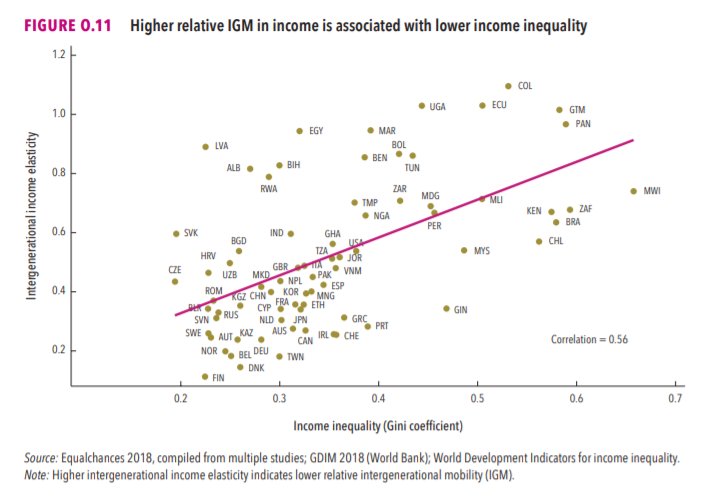What the contemporary church believes worship is for:
Evangelism
Outreach
Marketing
Entertainment
TEDtalks w/Bible verses
Theology lectures
Impressive rock concerts
What the Bible says worship is for:
God's people gathering before His presence
God renewing His covenant relationship with His people
God's people receiving grace from Him
God's people responding with praise
God's people returning a portion of the grace He has given
If you want a simple, one-sentence definition of what the Bible says worship is it is this:
GOD'S PEOPLE DRAWING NEAR TO HIM.
Read that again, and again, and again. THAT is what worship according to the Bible is.
God gave His people a pattern of how He is to be approached.
He CALLS us into his presence (Lev. 9:3-5).
He speaks, and we respond by gathering before His face.
Historically, this is where the "call to worship" is derived.
Next, as we draw near to a holy God, we do so as sinners in need of grace so he CLEANSES us (Lev. 9:8-11).
Historically, this is why a confession of sin was ubiquitous in worship.
Having confessed sins, God CONSECRATES his people (Leviticus 9:12-16).
They ascend into His presence by the power of the Holy Spirit.
The Hebrew ascension offering was a shadowy picture of this.
We are cut up by the two-edged sword of the Word and ascend up to God.
That is the proper place for the sermon. We are being consecrated with God's Holy Word.
It is not the time for neither a lecture nor an infotainment self-help talk.
It is the time for God's people to be shaped by His Word.
Having ascended into God's presence in the heavenly places, we sit down and COMMUNE with Him, enjoying a meal (Lev. 9:18-21).
When we read the whole Bible, worship without food is UNTHINKABLE.
We shouldn't get the peace offering less often than those in an inferior covenant.
Finally, God sends us out of His presence and COMMISSIONS us to go out and conquer His world (Lev. 9:22-24).
That is the pattern that God has given us to draw near.
Historically, the church followed it closely.
But since the disaster that is the Second Great Awakening, worship became what it is now: a spectacle that may or may not be well-meaning.
The single greatest need in the church is a reformation of worship.
Everything else (restoring sound doctrine, refusing to adopt cultural mores over and against God's Word, etc.) will flow from worshiping God as He has commanded, and not by our own design.
I preached about this a few months ago, and cover these things here:
https://t.co/r04t6IloVy
